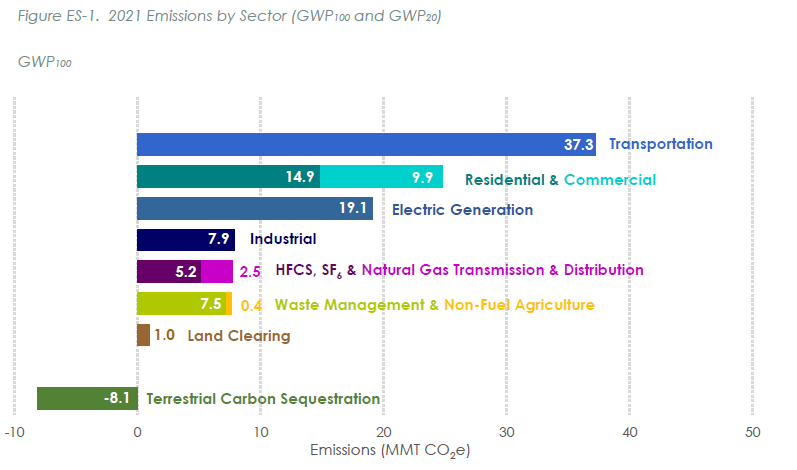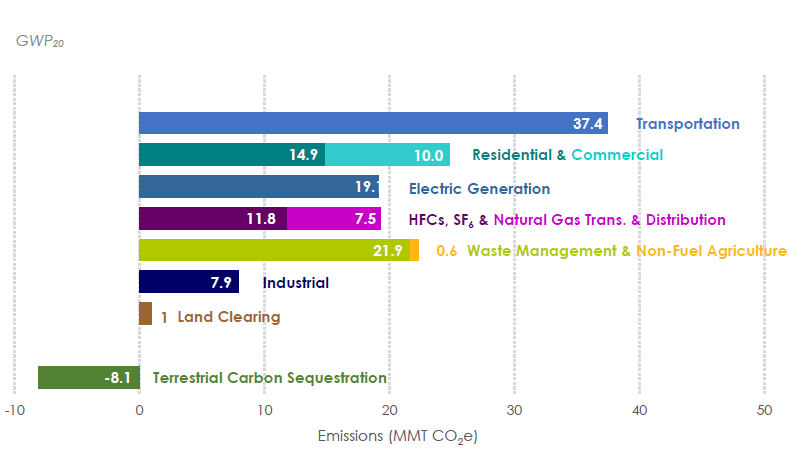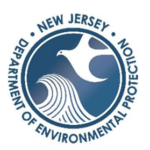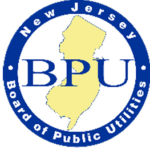
Clean Corridor Coalition
Why is NJ involved?
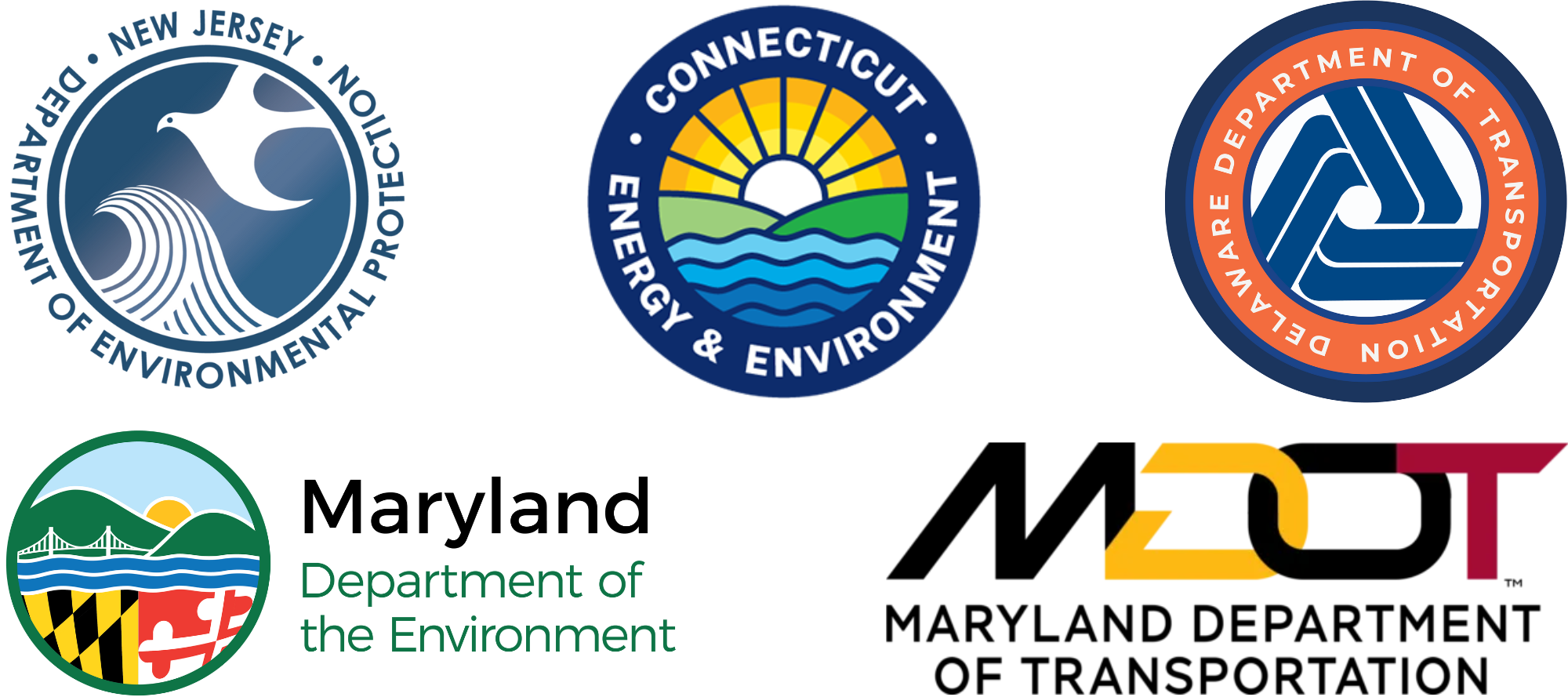
We are dedicated to mitigating climate change and improving air quality and health.
New Jersey is dedicated to taking proactive and decisive measures to address climate change. This commitment is evident through the State’s persistent endeavors in both developing and executing strategies aimed at reducing greenhouse gas emissions like the NJ Energy Master Plan, NJ RGGI Strategic Funding Plan, and aggressive policies and goals to reduce emissions by 50 percent by 2030 and 80 percent by 2050. The 80×50 Report sets the goal that 75% of medium-duty and 50% of heavy-duty vehicles should be electric by 2050.
Transportation is a priority because it contributes 37% of the greenhouse gas emissions in NJ.
Here is what we are doing…
Strategies and Plans
Advanced Clean Trucks (ACT) Rule
NJ adopted the Advanced Clean Trucks rule in 2021. The requirements begin in 2025 and will be phased in until 2035. It will require manufacturers of vehicles over 8,500 pounds to participate in a credit/deficit program intended to increase the percentage of zero-emission vehicles sold in NJ. In addition, the rules required a one-time reporting from fleets.
Regional Strategy
A regional strategy is important because truck traffic is interstate. Multi-state planning and strategic site selection for early investments presents an unparalleled opportunity to unlock both near- and long-term emissions reductions in this difficult-to-decarbonize sector.
In July, 2020 NJ signed onto a multi-state Memorandum of Understanding (MOU) committing to work collaboratively to advance and accelerate the market for electric medium- and heavy-duty vehicles (MHDV). The MOU established a target for 30% of new MHDV sales being zero-emission by 2030, and 100% by 2050.
On July 27, 2022, NESCAUM announced the release of a final Multi-State Medium and Heavy Duty Zero Emission Vehicle Action Plan.
NJ's Roadmap to Zero-Emission Medium- and Heavy-Duty Vehicles
New Jersey is undertaking multiple efforts to reduce transportation emissions including transitioning the nearly 512,500 MHDVs registered in the State to zero-emission vehicles. While Class 3 and larger trucks make up approximately 49% of the MHDVs registered in the State, they are responsible for approximately 70% of the resulting greenhouse gas emissions, 82% of NOx emissions, and 78% of fine particulate matter emissions from MHDVs in New Jersey. These emissions disproportionately impact residents of communities with high truck traffic.
This roadmap identifies the current state of the medium- and heavy-duty vehicle sector in New Jersey and outlines current and future potential strategies for reducing sector emissions.
Funding
NJ Department of Environmental Protection (NJDEP)
WorkClean: Diesel Modernization Program
Since 2019, the State has invested Regional Greenhouse Gas Initiative and Volkswagen Settlement funds for over 1,000 electric trucks operating in environmental justice areas. We will continue to invest RGGI dollars in truck electrification and eMobility. Check out NJ’s Success Flyer.
Electric School Bus Grant Program
As Per The New Jersey Electric School Bus Law P.L.2022, c.86 (C.26:2C-8.58 et al.), New Jersey is invested in exploring the betterment of school bus fleets throughout the state by implementing a program designed to encourage and monitor the transition to electric school buses.
New Jersey Fleet Advisor
New Jersey Fleet Advisor will provide FREE technical assistance to 15 fleets interested in learning how to transition to zero-emission vehicles. Each fleet selected to participate will receive a personalized Fleet Electrification Roadmap document.
NJ Economic Development Authority (NJEDA)
New Jersey Zero Emission Incentive Program (NJ ZIP)
Vouchers towards purchasing new, zero-emission medium-duty and heavy-duty vehicles vehicles that will operate in New Jersey. Eligible entities include micro- and small businesses and institutions to reduce emissions in overburdened communities.
NJ Board of Public Utilities (NJBPU)
Clean Fleet Incentive Program
Grants to help state and local governments transition to electrically fueled fleets. Eligible applicants can receive grants toward the purchase of battery electric vehicles, public Level 2 charging stations, and fleet Level 2 charging stations.
Medium and Heavy-Duty Electric Vehicle Charging Program (coming soon)
Utilities will provide incentives for charging for public and publicly serving transportation. Utilities will also provide incentives for charging for fleets in or serving Overburdened Municipalities. Utilities will provide technical planning services for fleets and public chargers over 500kW.
